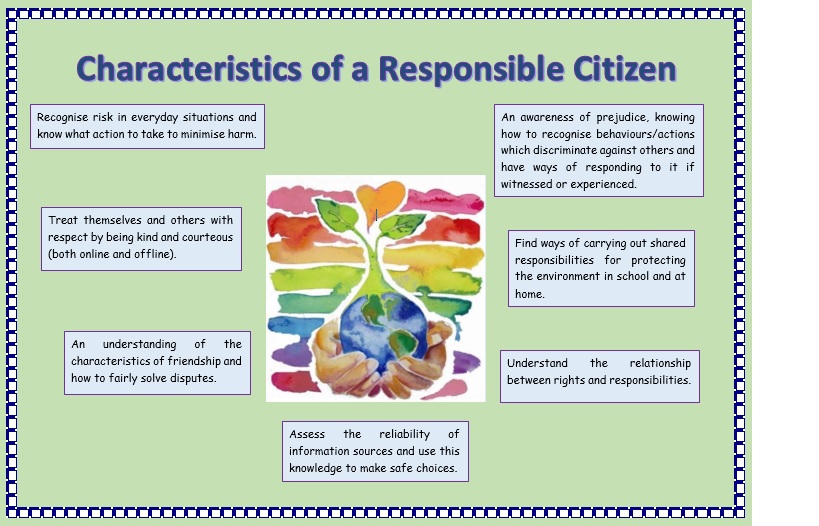“Children with higher levels of emotional, behavioural, social and school well-being on average have higher levels of academic achievement and are more engaged in school, both concurrently and in later years.” - Department for Education
What does P.S.H.E. look like at St. Bernadette’s?
At St. Bernadette’s, we follow the P.S.H.E. Association’s three core themes: Health and Wellbeing, Relationships and Living in the Wider World. Each year group covers content related to each theme every year, ensuring that a spiral programme is in place: one that revisits themes, gradually extending thinking, expanding knowledge and developing skills.
Where possible we make cross-curricular links between PSHE and other subjects, reflected in our R.H.E. (Relationships and Health Education) Policy. Such subjects include Religious Education, English, Physical Education, History and Geography, with other content also linking to Mathematics, Science and Computing. P.S.H.E. learning comes in many different forms: through whole-class teaching, group activities, individual tasks, outdoor learning, assemblies, visiting speakers, cross-curricular lessons and discrete lessons.
During P.S.H.E. sessions, children are encouraged to both ask and answer questions in order to deepen their knowledge and understanding. They are also encouraged to develop their sense of self-worth by playing a positive role in contributing to school life and the wider community. At St. Bernadette’s, we encourage children to consider how they are “Doing their best for God”. As a result of this, children will have developed their knowledge and skills in order to be healthy, independent and responsible members of society who understand how they are developing personally and socially, and who have the confidence to tackle many of the moral, social and cultural issues that are part of growing up.
PSHE Documents

.png)

